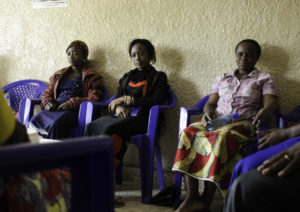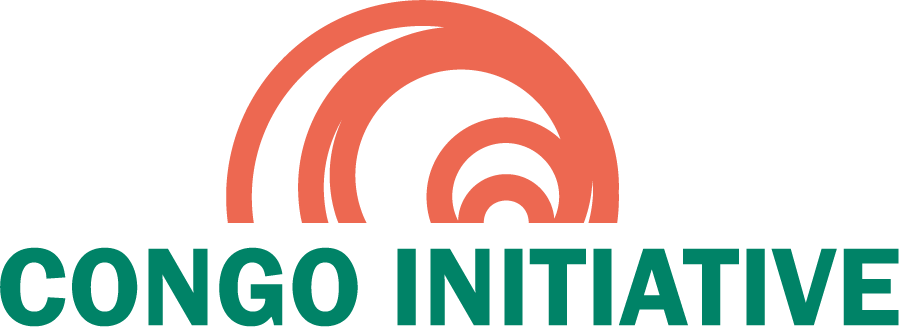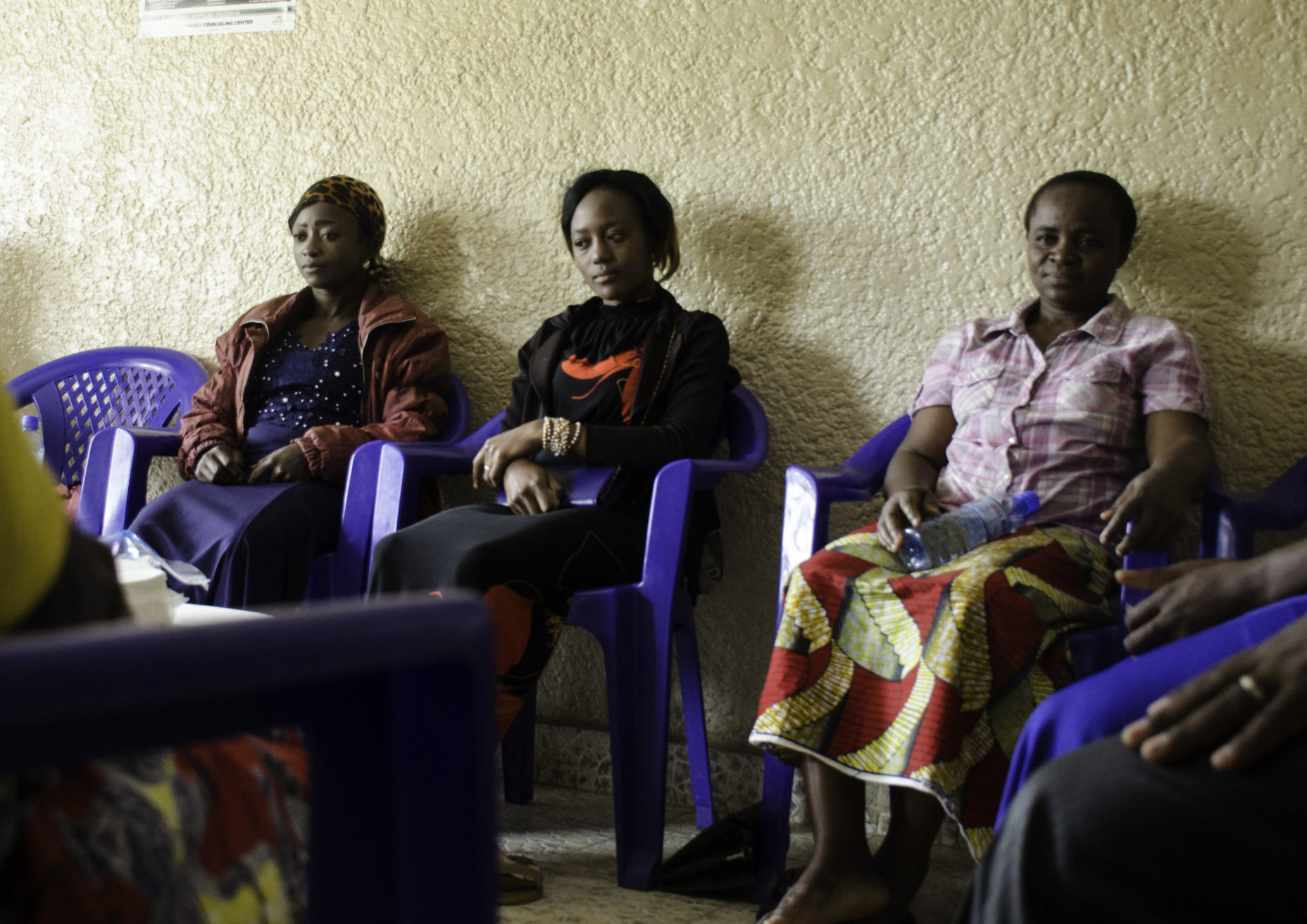
Recently, I was taking a walk with my wife and our children when we heard men yelling from the top of a truck “corona, corona, corona!” My wife being an American, is perceived as a carrier of COVID-19. This one-time incident that I faced with my family is a daily occurrence in the lives of my brothers and sisters who have survived Ebola in Congo.
Around the world, stigmatization interferes with the joy of healing.
Ebola survivors return to their world expecting to be welcome and accepted but in reality the majority experience rejection. Their communities and their families fear contracting Ebola from the survivors, so the survivors are pushed away. The joy of surviving, of healing, is stripped from them.
Gloire is an Ebola survivor who recently shared with me, “I don’t want people to call me healed. Because if I was healed why are they afraid of me? This means they lied to us. Even at the hospital sometimes, we can see the nurses are afraid of us. Nurses are those who declared that we were healed. Why are they also afraid of us? Does it mean they are lying?”
This stigma is dehumanizing, living in a world in which people are afraid of you robs people of their sense of humanity and takes a toll on their emotional, mental, and spiritual well-being. As a result, survivors may experience PTSD. “When people in my neighborhood,” Gloire recounted, “see me coming to fetch water, they will leave the well. People continue to be afraid of me. Dying is better for me because those who died don’t know what we are dealing with here. We are no longer treated like human beings.”
“It is here where I realized that I am still a human.”
Bethesda provided space for Gloire to heal from the emotional wounds and connected her with other Ebola survivors. She says, that one of the things she learned at Bethesda was “how to develop a positive image of self. It is here where I realized that I am still a human.”
Another person Bethesda worked with is a man named Kambale. This is how he shared his dramatic experience of stigma: “Everyone was calling me the son-in-law of Ebola. I didn’t know why I continued to live. I decided to make an end to my life. Last year, I took a long rope and went into the woods. I attached the rope onto a branch of a tree and wrapped the rope around my neck and let go of the rope. As I was hanging, a man happened to pass by and saw me. I only found myself on the ground after the man had cut the rope.”
The stories of Gloire and Kambale are a reminder that the social, emotional, and mental impacts of disease linger long after survival. This stigma is dehumanizing, living in a world in which people are afraid of you robs people of their sense of humanity. Love and compassionate care can be powerful antidotes to social isolation and stigma. They can unify where there has been division and discrimination.


Leave a Reply